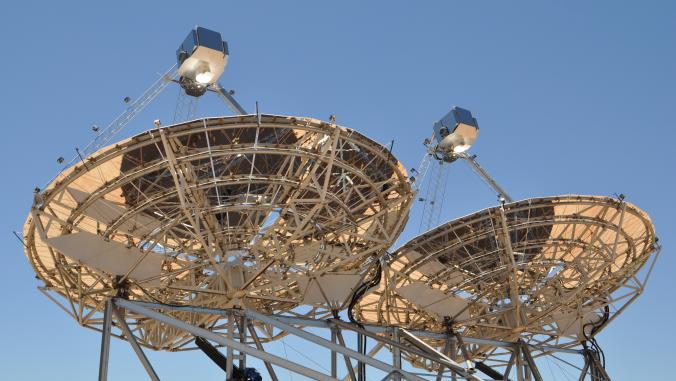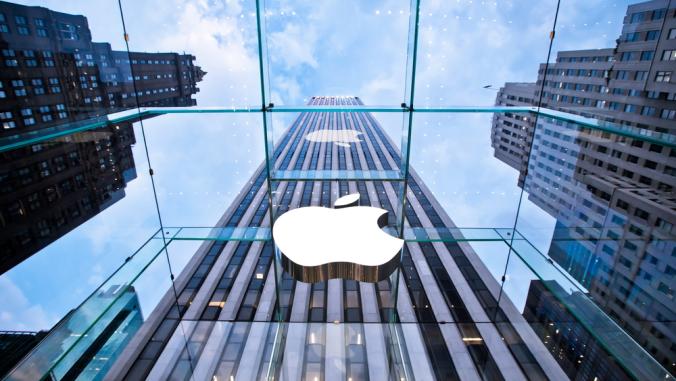Whole Foods, Trader Joe's say no to genetically modified fish
<p>In addition to salmon, at least 35 other species of genetically modified fish are currently under development.</p>

The Food and Drug Administration (FDA) could soon approve genetically engineered salmon, the first "transgenic" animal allowed to enter our food supply.
On Feb. 13, the Los Angeles City Council unanimously passed a resolution against it and now Whole Foods, Trader Joe's, Marsh Supermarkets, Aldi and other food retailers announced they won't sell it if it's approved.
Since genetically modified organisms (GMO) are not labeled in the United States, you could buy this salmon from a grocery store or restaurant without knowing it.
The salmon is "made" by the company, AquaBounty Technologies, based in Massachusetts. By placing a growth hormone gene from Pacific salmon and a genetic switch from ocean pout into farmed Atlantic salmon, they have created "AquAdvantage Salmon," which grows twice as fast as other farmed salmon.
The genetic switch from the ocean pout keeps the transplanted gene from Chinook salmon continuously active, thus leading to faster growth.
That means genetically engineered salmon can get to market sooner and they can make more money, faster.
"This dangerous lab experiment is all hype and full of downsides to consumers, salmon growers and the environment," said Food & Water Watch, a consumer safety nonprofit.
"At least 35 other species of genetically engineered fish are currently under development, and the FDA’s decision on this genetically engineered salmon application will set a precedent for other genetically engineered fish and animals (including cows, chickens and pigs) to enter the global food market," said the Campaign for Genetically Engineered-Free Seafood (a coalition group of of retailers and consumers against the sale of genetically engineered fish) in a statement.
In December, the FDA said genetically engineered fish would have "no significant impact" on the environment and would be as safe to eat as "real" salmon. They are accepting public comments on these findings until April 26.
The FDA doesn't even do its own testing of genetically engineered animals: it relies on information provided by the company that wants approval. And because genetically engineered salmon are being considered as a new animal drug, the process isn't focused on what happens to people who eat genetically engineered animals. So on top of the health concerns posed by raising salmon in crowded factory fish farms that rely on antibiotics and other chemicals, the FDA could be adding the unknown risks of genetically engineered salmon to the mix.
"We won't sell genetically engineered fish because we don't believe it is sustainable or healthy," said Trudy Bialic from PCC Natural Markets in Washington State in a statement. "It is troubling that the FDA is recommending approval of AquaBounty's salmon as a ‘new animal drug,' subjecting these engineered creatures to less rigorous safety standards than food additives (for humans). That's not a credible safety assessment."
"Simply put, this genetically engineered fish is unnecessary and is a problem masquerading as a solution," said Heather Whitehead, online campaigns director at The Center for Food Safety, in a statement.
The U.S. is the world's largest market for GMO foods because labeling isn't required. GMO foods are rarely found in the 60 countries that require labeling.
Last week, Whole Foods said all products with GMOs will be labeled in its stores by 2018. Organizers in 30 states are working on initiatives to require GMO labels.
Photo of a salmon run provided by Ryan Staake via Flickr.
This story is reprinted with permission from Sustainable Business.





